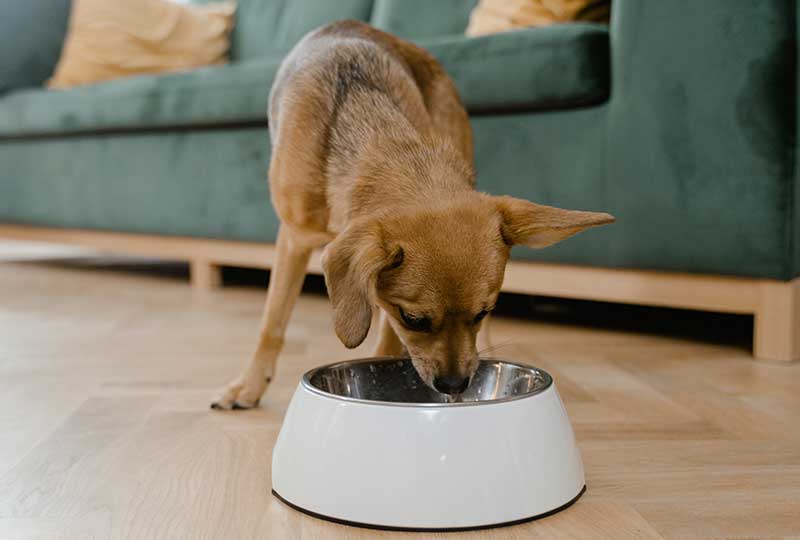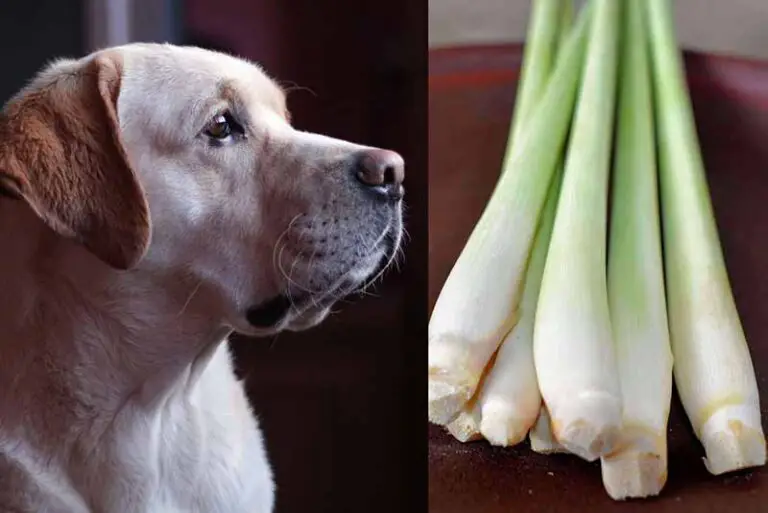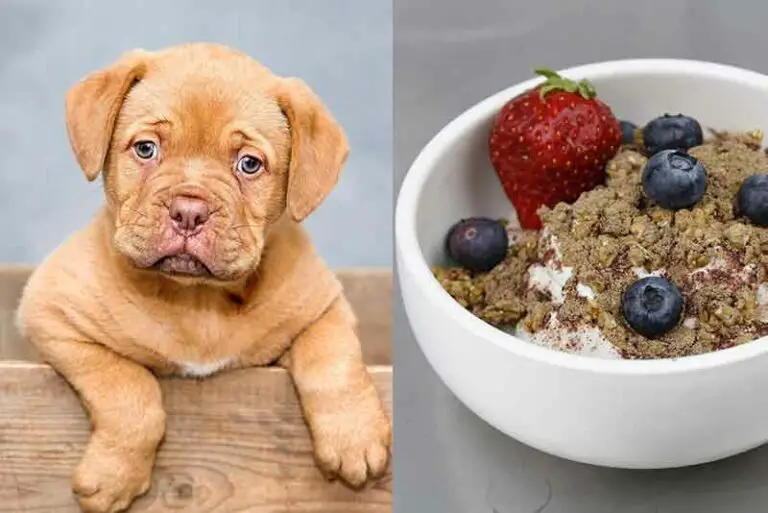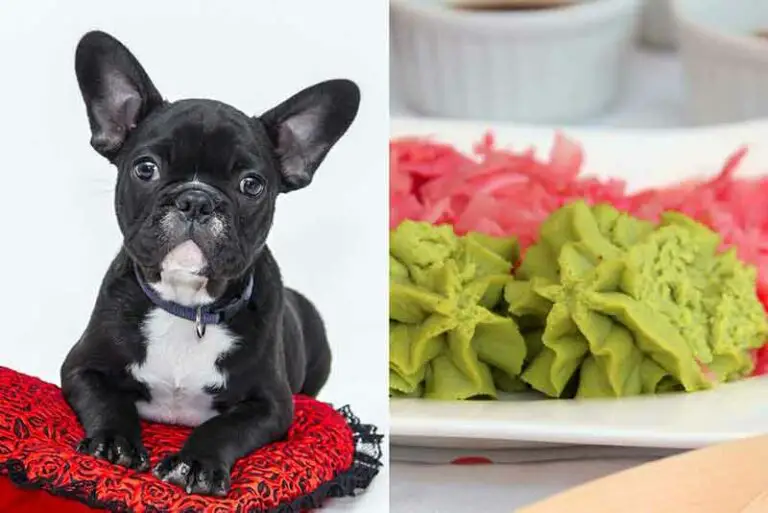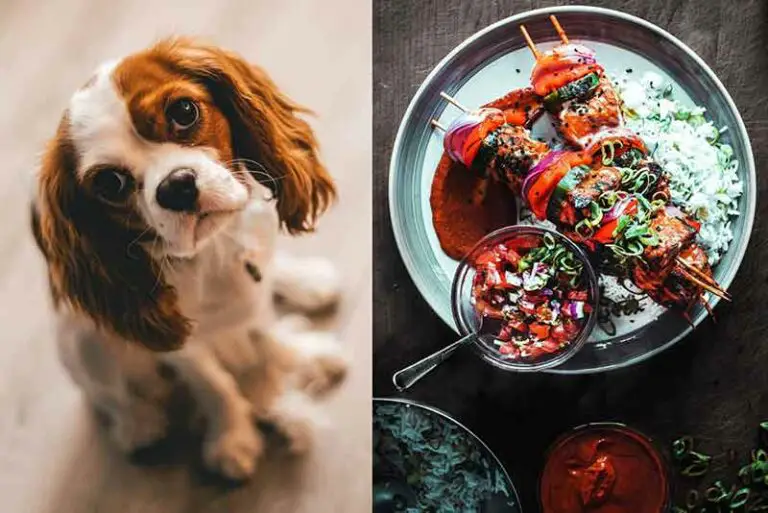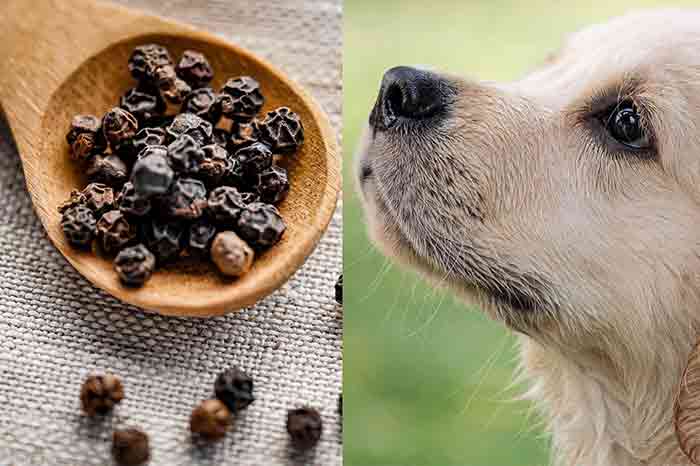Is Cornstarch Bad For Dogs? Can Dogs Eat It Safely? – Explained
The starch extracted from corn kernels is a popular food ingredient. It’s used as a food thickener, filler for baked items, and even in dog treats and dry food. Is cornstarch bad for dogs? Due to its high usage in almost every food, this question arises rapidly among many dog parents.
So, is cornstarch bad for dogs? Yes and no. If you give your pooch pure, powdered cornstarch, there’s a high chance of the dog getting sick. Irritation during breathing, and issues in the digestive system, are some common side effects. Also, be cautious in feeding your doggo with dehydrated dog treats or baked goods with cornstarch because a high amount of this may also cause diseases such as heart problems, obesity, and cancer.
Therefore, you should remember that there are some types of starch that you should check before feeding your dog.
Further, don’t overfeed food with this starch to your puppy because even if the starch type is non-allergenic, high amounts can result in bad health for your canine.
Is Cornstarch Bad For Dogs?
We consume many foods in our day-to-day life that are highly lethal to our dogs. Food such as avocado, chocolate, nuts, and fats can cause toxic reactions in your pet.
In the worst situations, it may result in your furry friend’s death. Thereby you must be educated on what you can feed your dog and what you should not.
Cornstarch is essentially extracted from corn kernels after its outer skin is removed. It’s often used as a thickener and an anticaking agent in the food industry.
More importantly, this starch is used as fillers in dog kibble. So, to answer your question, “is cornstarch bad for dogs,” it depends on the form they are in.
This starch in kibble is used to provide carbohydrates and to keep your dog hydrated. Therefore a limited, healthy portion of dog food with this filler won’t harm the dog.
As I explained before, if you over-feed your pet, it could bring in bad results.
There are 2 more incidents where you should not give the canine food that contains this starch.
- If they are in pure, powdered form
This form of cornstarch could cause several issues in digestion and respiration.
- If doggo’s allergic to them
The starch of corn kernels has a minimal amount of protein than that of corn flour. Therefore there’s very little chance of the dog getting allergic to it.
Even though it’s less, that doesn’t mean it’s impossible. Hence, if the pet shows signs of diarrhea or vomiting, discontinue food with starch and seek medical advice as soon as possible.
Can Dogs Eat Corn Starch Safely?
Even though cornstarch is safe for a dog’s consumption, consuming too much or ignoring allergic reactions could make your puppy ill. You’ll notice coughing, sneezing, diarrhea, vomiting, and abdominal pain in allergies.
Suppose you ever notice these symptoms in your pet after consuming food with this starch. In that case, it’s wise to call your veterinarian and get medicine.
You should never ignore these situations and immediately stop providing the food with cornstarch to the dog. So, be very cautious of the amount of starch in the doggo’s food.
What Are The Benefits Of Cornstarch For Dogs?
Other than the consumption, there are several other benefits of cornstarch for dogs. So if anyone asks you, is cornstarch bad for dogs? After reading the article, I can assure you that your answer will not be “no.”
Let’s see the other advantages you can get out of cornstarch.
- You could easily remove matted fur
If you have a doggo with long hair, such as a Golden Retriever or a Shih Tzu, you know how much trouble it is to groom them.
So, if you ever missed one grooming session, their hair will be matted and hard to comb next time.
As an option, sprinkle some cornstarch powder onto his fur and comb it with a grooming brush. It will easily remove the matted hair and knots, helping you groom him much more effortlessly.
- It’s the best replacement for expensive dry shampoo
Next to grooming, bathing a dog could use up most of your time. So if you want to extend the time between your pet’s bathing, cornstarch will come to your rescue.
Sprinkle a generous amount of this powder onto your pooch’s back up to the neck. Then quickly shake his fur up to disperse this powder evenly throughout his body.
This starch powder is excellent at absorbing moisture and oils from the doggo’s hair and skin. You get some time until you have to bathe your puppy again.
So now you know some great ways to use cornstarch to your pet’s advantage. So is cornstarch bad for dogs? No. Not entirely.
Do Dogs Like Cornstarch?
You cannot precisely define whether a dog likes cornstarch or not. This starch is included in food to either thicken it, fill it, or as an anticaking agent; it does not have much taste or heighten up a food’s flavor.
But, if you’re preparing your doggo’s food at home with a liquid-eye texture, you could add some starch to bring a nice thickness to its gravy.
Also, the carbohydrates in this starch will add a little bit more nutrients to his food, though it’s a negligible amount of nutrients.
How To Feed Your Dog With Cornstarch?
Firstly, I shall remind you again that dog kibble – most of them – has cornstarch in them. This starch in dry dog food will add carbohydrates to your pup’s diet while filling up the kibble.
Next, you could thicken your homemade dog food gravy, as I mentioned above. Just a teaspoon of powder mixed well in water will do wonders to your food.
It will give a nice texture as well as the food will look more appetizing to the canine.
So, what do you think now? Is cornstarch bad for dogs still? If you use it wisely, cornstarch is excellent for your pet.
Thank you for reading this post. Stay tuned with Jack Russell Owner for more interesting posts.

